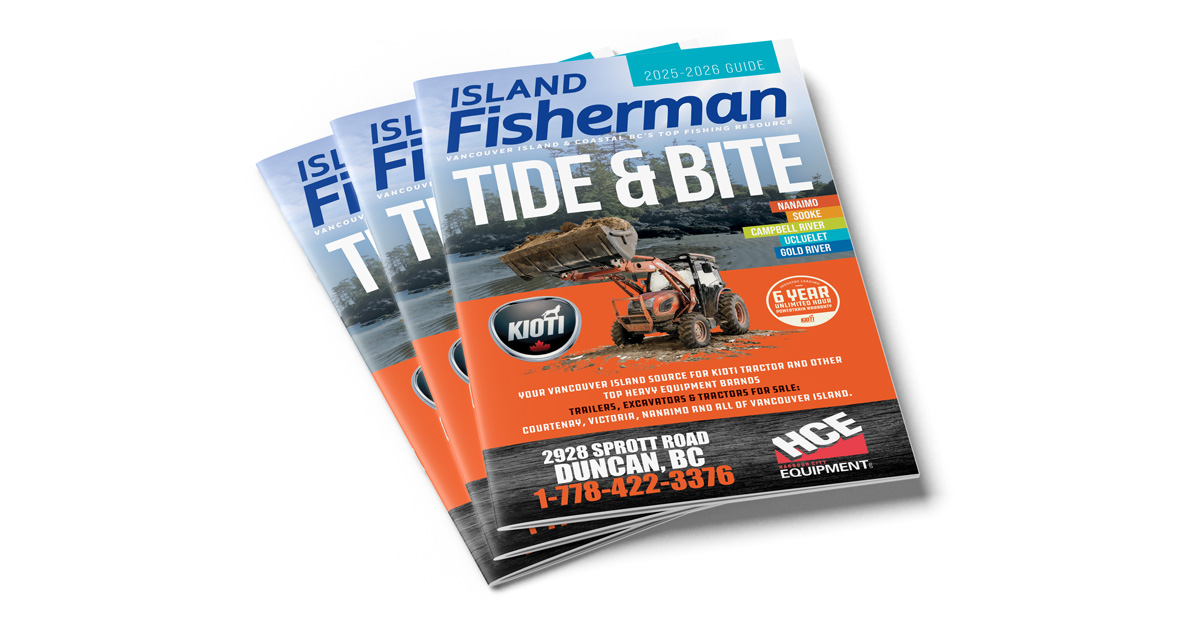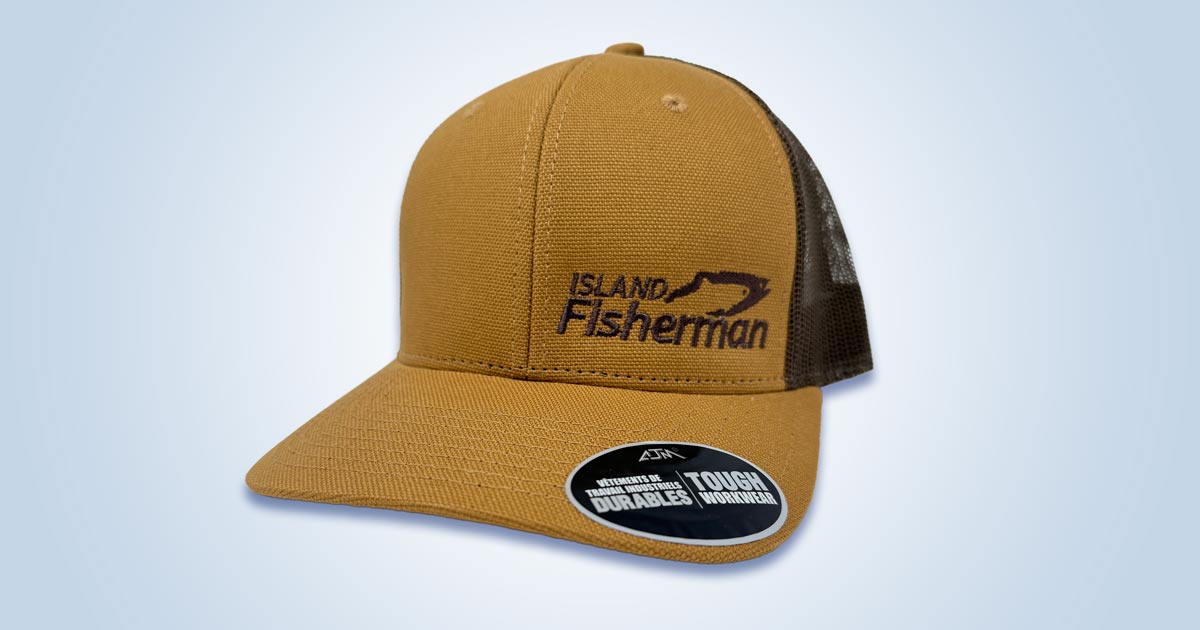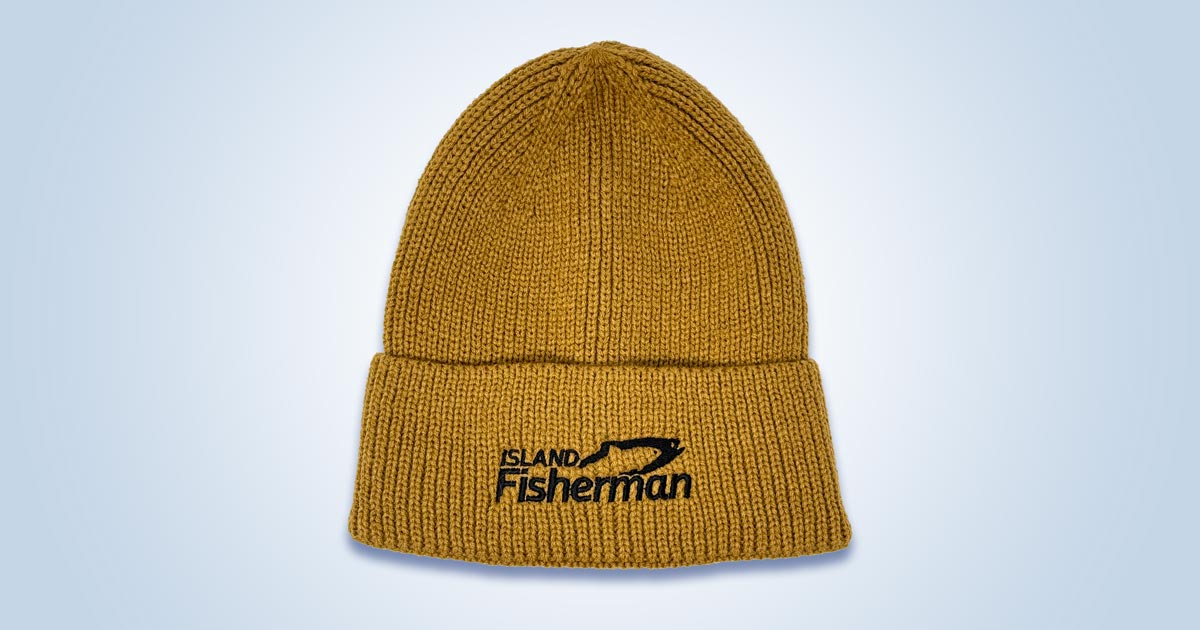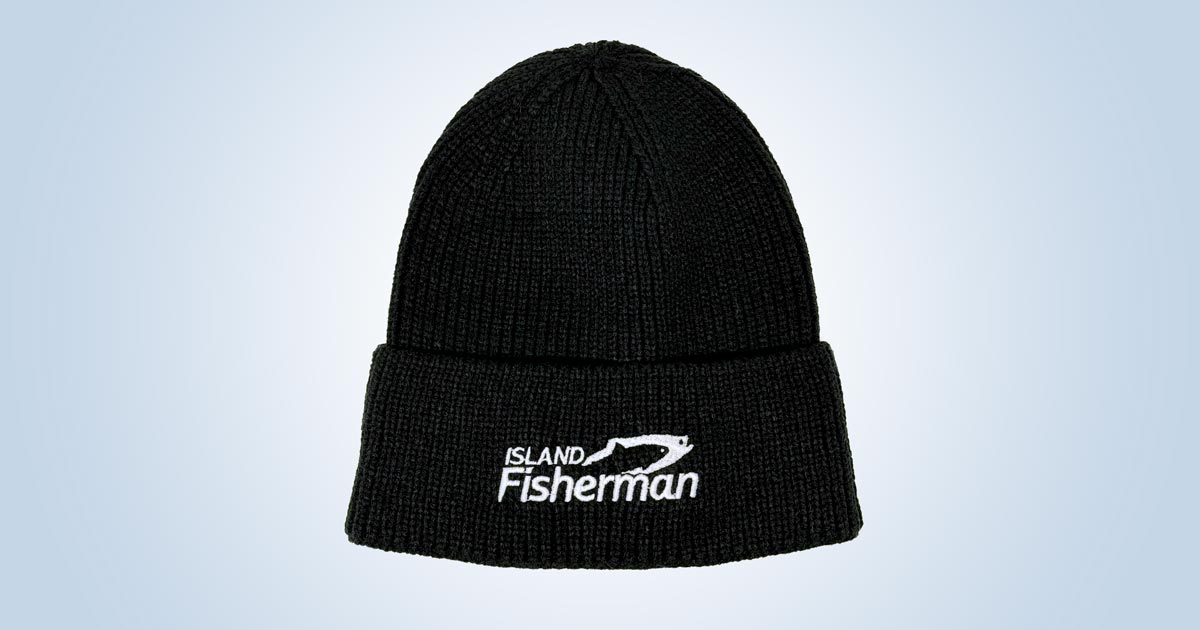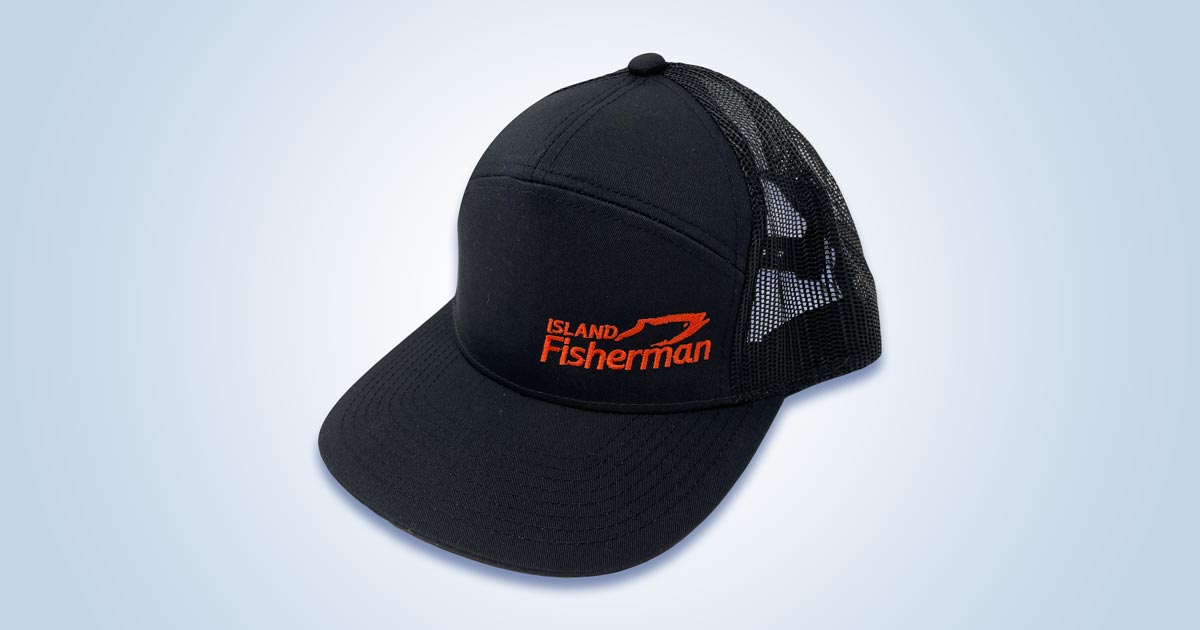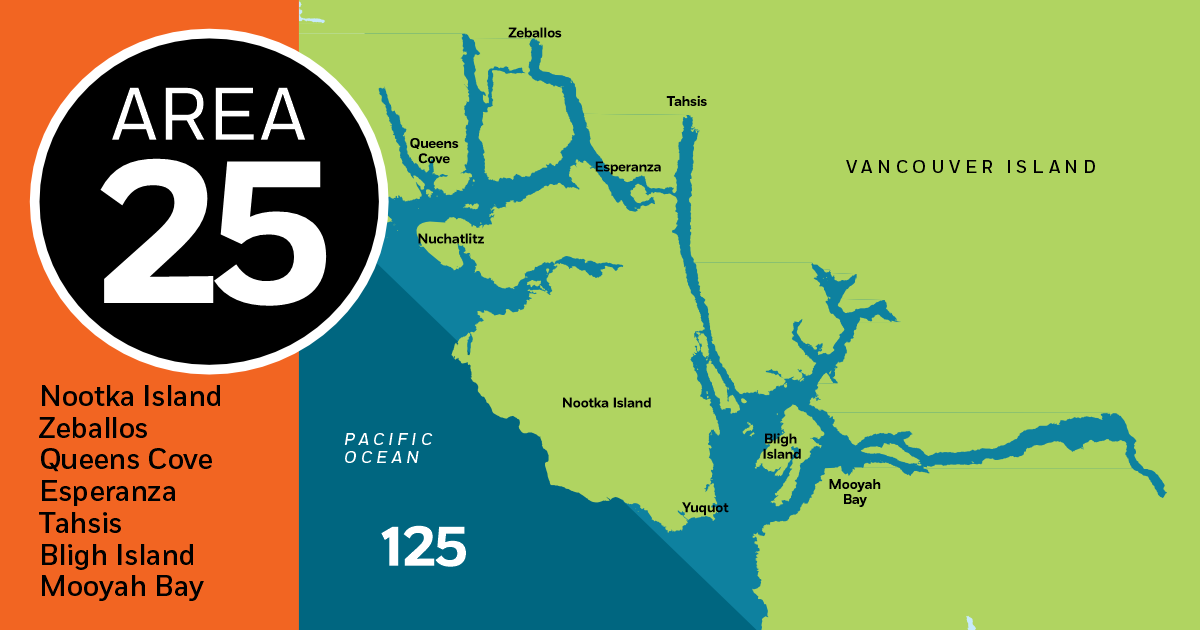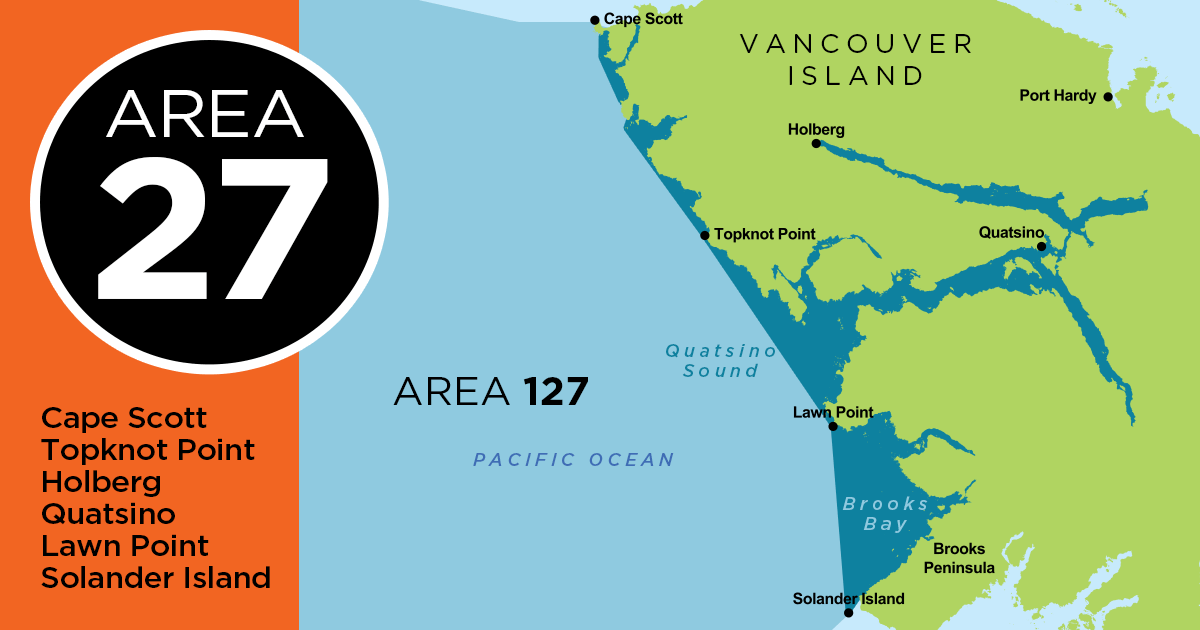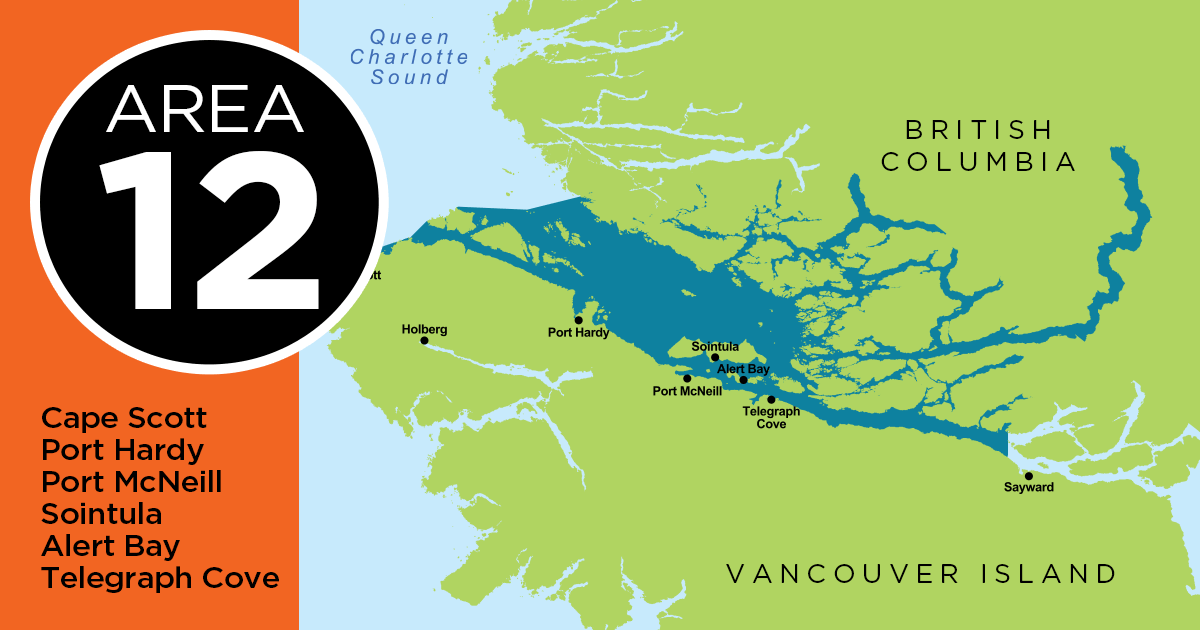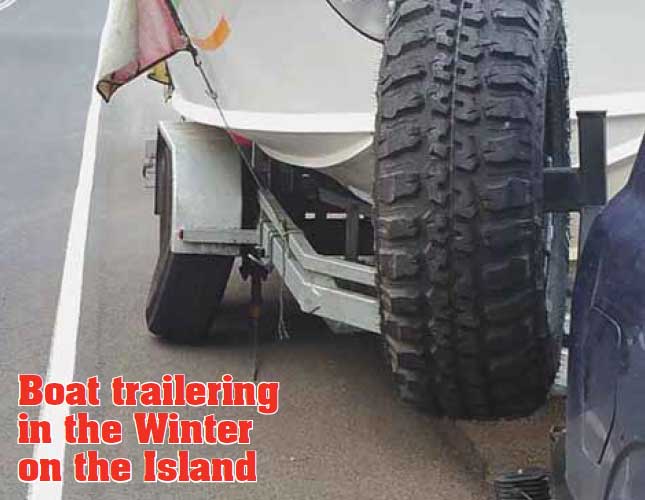
Most of my fishing buddies on the Island put their boat away after the September long weekend, and I’m sure it’s due to the great fishing they have had all summer. But for me, September and October can be like another summer time, also the Brown’s Bay derby is coming up for chums.
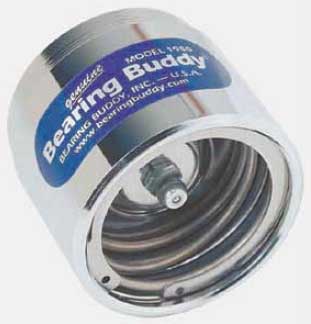 We all seem to pay attention to our boats, but what about our trailer? On any road trip, I check and grease my trailer’s Bearing Buddy-equipped hubs and do a quick visual inspection of trailer, tie-downs, wheels, hitch and safety chains every time out. The routine is repeated at all stops for fuel or rest. But the basics start before I leave home.
We all seem to pay attention to our boats, but what about our trailer? On any road trip, I check and grease my trailer’s Bearing Buddy-equipped hubs and do a quick visual inspection of trailer, tie-downs, wheels, hitch and safety chains every time out. The routine is repeated at all stops for fuel or rest. But the basics start before I leave home.
My top-of-mind basics start with “Three B”: bearings, brakes and bulbs.
I will jack up each wheel during the season and give the tires a spin. If any sort of grating noise is heard, or if the tire is not running freely, the chances are I have a bearing problem. This will need to be looked at more closely. If things seem good, I pull the wheel assembly and clean and re-pack with fresh grease.
Once the wheels have been put back on, I top off the grease through the bearing protectors. Bearing Buddies, or similar spring-loaded units that provide hubs with a steady supply of grease, are a must on boat trailers, where immersion of hot hubs in cold water adds to wear and tear on bearings. Also when launching a boat after traveling for a good distance, the hubs will be warm and if submersed in the chilly water of the fall and winter the seals will shrink quickly and draw water in. After each launch pump some new grease into the bearings to push any water out that may have been introduced during the trip. If you notice a large amount of water, remove the bearing protectors and inspect the bearings once again.
If your trailer is equipped with brakes, be sure to test them and inspect for wear or corrosion. Replace parts as needed, or head to your marine dealer for brake work.
In the bulb department, make sure the wiring is well-connected and all signals work. Replace any bulbs that are worn out. Inspect the wiring harness, trailer bunks and winch. Put a dollop of petroleum jelly on the connectors and cap them.
Inspect the tires for excess wear and proper air pressure; make sure the spare wheel is in good condition, with the right tire pressure, and ready to install in an emergency; this means have the right tool to take it off the boat trailer as the nut holding the spare tire on may not be the same size as the lug nuts on your vehicle.
You shouldn’t have to worry about disconnecting the trailer until reaching your destination, but check the connections, ensuring the ball-lock is closed securely and safety chains are the right size and attach securely. I use a locking pin on the trailer to the hitch, and locking pin from trailer to ball. None of the locks would stand up to a determined thief, but provide deterrence.
Owning a boat can be a fun and enjoyable adventure, but preventative maintenance is a must. It is a good idea to take these preventative measures so that way when you do go to use your boat you can be sure that everything will work out just fine. While others are sitting inside wishing they were out fishing you have prepared in advance and are able to be out there taking advantage of every last open water opportunity.![]()
Visit the Store
$34.99
$34.99
Featured Catch
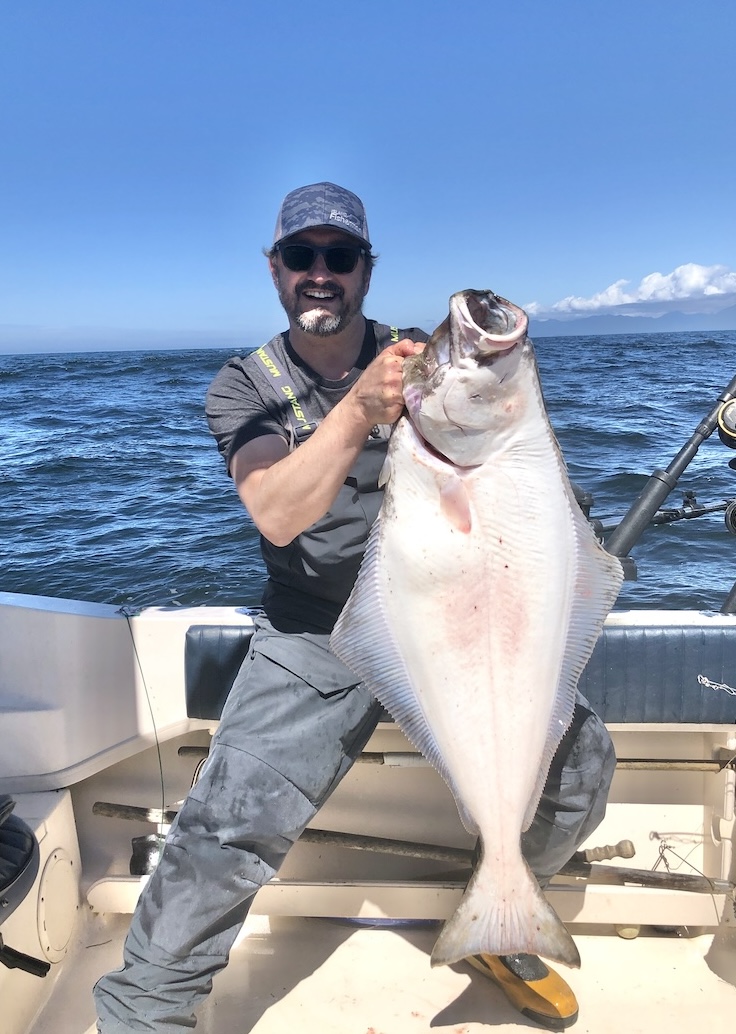
Joel Unickow halibut (Photo: Rob Frawley Lucky Strike Sportfishing Tofino)
